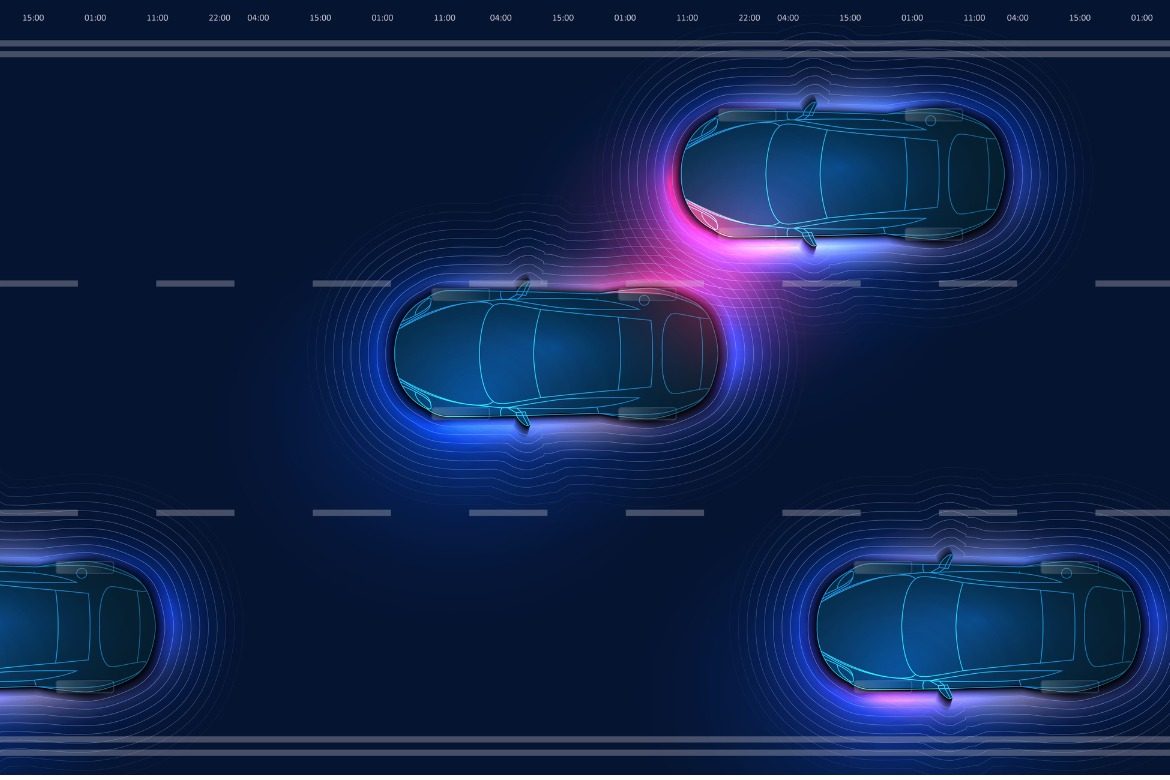- Singaporean citizens express cautious excitement towards autonomous vehicles (AVs) in public transit. Although the majority would use them if introduced, concerns remain about safety issues related to potential hacking and uncertainties about legal aspects and future technological development.
- To increase the acceptance of Singaporean residents of AVs in public transit, researchers at Singapore University of Technology and Design (SUTD) and the University of St. Gallen (HSG) suggest increasing information provision and access to AV trials and testing for the larger population in Singapore.
Urbanisation and climate change have put increasing pressure on public transit to become more efficient and limit its environmental impact. Autonomous vehicles (AV), also known as self-driving vehicles, potentially provide a promising outlook for many cities and countries on how to address these issues. While electric drivetrain and on-demand applications increase efficiency, public transit is also believed to have become safer and more accessible thanks to human error prevention, higher flexibility and increased mobility options for overlooked groups such as the elderly and the disabled. AVs are also expected to make public transit more affordable by reducing the cost of transportation, thanks to automation.
Singapore is committed – but are Singaporeans?
As part of Singapore’s Smart Nation Strategy, a government-led Committee on Autonomous Road Transport, together with Singapore Autonomous Vehicle Initiative, was appointed in 2010 to investigate the technical feasibility of AVs and was tasked to propose a strategic plan for AV-enabled public transport for the city-state. Based on public trials and testing of AVs that started in 2014, the Land Transport Authority (LTA) committed to developing a 40-seater autonomous bus in 2018. It also announced plans to implement autonomous shuttle buses in three Singaporean districts: Punggol, Tengah and the Jurong Innovation District, by the early 2020s.
However, for AV-operated public transit to function, technology is not the only factor; public acceptance of these systems is critical. Thus, a research team from the Singapore University of Technology and Design (SUTD) and the University of St. Gallen in Switzerland (HSG) has now looked into Singaporean attitudes to the acceptance of autonomous vehicles (AVs). In their study, the researchers examined how Singaporean residents would perceive the use of AVs in public transit in the city-state. A total of 320 Singaporean residents, mainly students, participated in the study, which was conducted in English.
Singaporeans cautiously optimistic
The results of the study show that Singaporean residents are quite familiar with AVs; only six per cent had never heard of them. This familiarity might be a reason why more than 60% of respondents were open to the use of AVs when the latter were introduced to Singaporean public transit. They perceive AVs as technological innovation, progress, and the future of mobility. However, expressed emotions towards AVs are mixed, with the same number of participants seeing AVs as exciting, interesting, amazing, scary, suspicious, and dubious. Interestingly, a substantial share of respondents communicated both positive and negative emotions at the same time, with “cautious optimism” conveying the overall sentiment of Singaporean residents towards AVs.
Concerns remain
Despite the overall acceptance and anticipation of AVs in public transit in Singapore, study respondents express important concerns, mostly related to safety issues and uncertainties about the future development of the technology. Only 30% of the respondents believe that AVs will make public transport safer. This is mainly a result of potential cybersecurity threats, as around 80% of them see AVs as prone to hacking-related accidents.
Respondents are also worried about potential accidents during the transition period between human-driven and self-driven vehicles and legal issues since the liability for potential accidents remains, to date, uncertain. The unpredictability of the future development of AVs is a major factor of concern for study participants. Since the technology is still in its inception, the answers to many issues will, unfortunately, be known only once AVs are implemented in practice.
Communication and information are key
The presented study has shown that Singaporean residents harbour cautious excitement towards autonomous public transit in the city-state. While the majority is ready to use AVs once they are introduced, more needs to be done for broader acceptance and, thus, the success of the system. To overcome the remaining issues, mainly related to the safety of the technology and uncertainties about its future development, the present research suggests increasing communication and providing information about the technology to the public. An effective way to do this can be to provide Singaporeans access to AV trials and testing. Personal experience has been shown, both in academia and practice, to be more effective in increasing communal acceptance of novel technologies than information provision alone.
(This collaboration between the researchers of SUTD and HSG – namely Samuel Chng (SUTD), Jana Plananska (HSG), and Lynette Cheah (SUTD) – was presented at the Bridging Transportation Researchers (BTR) Conference in August 2022; a scientific publication is currently under review in a peer-reviewed journal. One can reach out to the research team for more information about the study and its findings.)






NO COMMENT